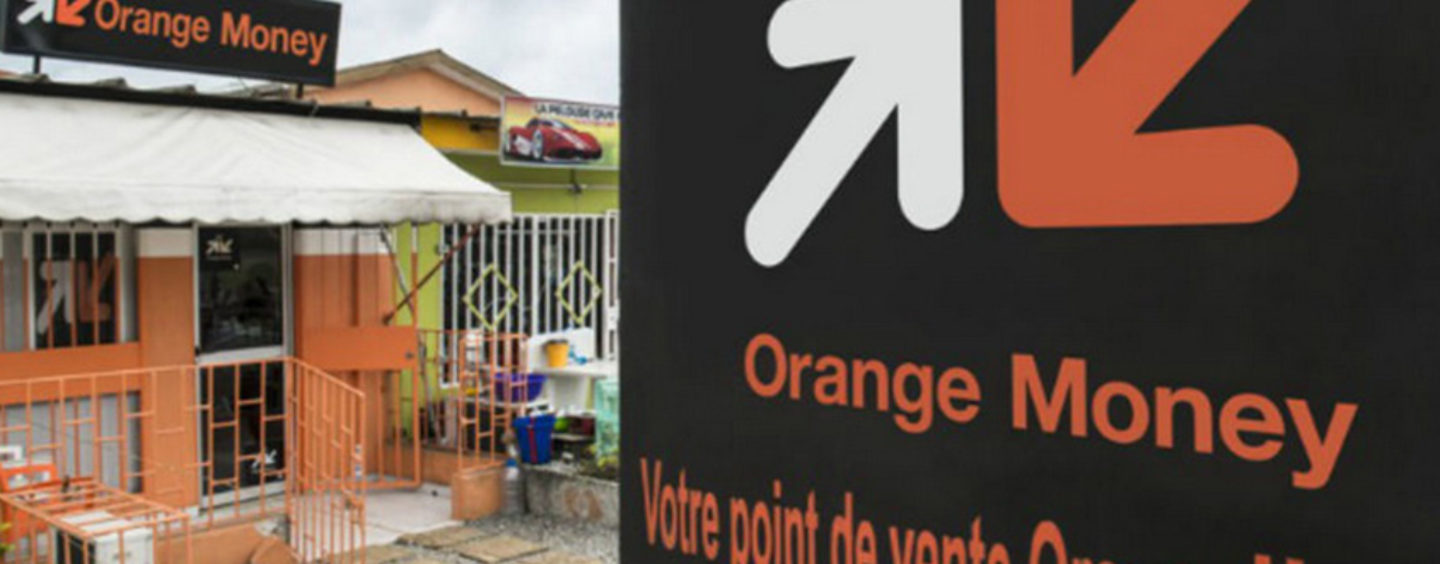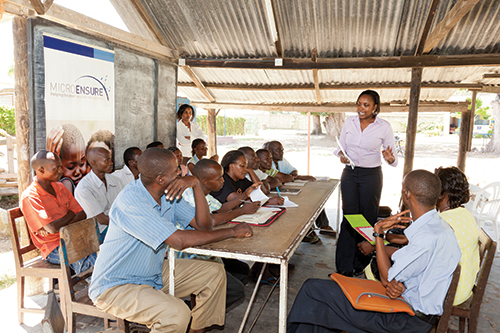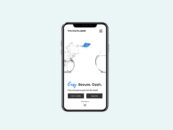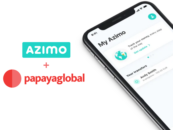
Salt Telco’s Fintech Arm Tackles Micro Lending in Africa—And Potentially Europe
by Fintechnews Switzerland October 2, 2018Peer to Peer (P2P) Lending Market is projected to grow at a CAGR of 51.5% from 2016 to 2022, to reach $460,312 million by 2022. With a decade’s experience handling mobile money solutions under their belt, a thoughtful and agile expansion strategy could put Orange Money in a good position to take advantage of this growth.
The name Orange would not be too familiar to many Swiss, but many of us would probably be familiar with Salt telco—rebranded from the name Orange telco in the Switzerland and Liechtenstein regions respectively.
In 2008, Orange Money was launched by the telco as a money transfer service for accounts linked to their mobile numbers in the hopes of addressing the large swaths of unbanked populations in the African region—almost a decade before many telcos jumped onto the e-wallet bandwagon for a similar purpose.
Since then, the company has extended its money transfer services into 17 African countries and according to a press release, 40 billion customers.
Orange Sees a Future in Micro Lending
Now the company is going to bank on its mobile lending services, which has already seen a limited release in two African regions, Mali and Madagascar this year in collaboration with Première Agence de Microfinance (PAMF)
The lending service is currently offered through its partners, but we see a big possibility of Orange taking a crack at it themselves to complement their existing offerings. It won’t be their first time, as the company has already taken a crack at money-lending through Iko Pesa, though they were unable to compete with the region’s reigning M-PESA.
Offering payday loans as well as an access to a digital account is just tackling two sides of the same unbanked population coin, and granting financial access to people who wouldn’t be privy otherwise.
The micro-lending scene in Africa is not exactly a blue ocean, but Orange’s entry into this segment of financing is bolstered by their existing presence in Africa’s mobile phones. With reportedly 40 million users already using the Orange Money platform, that is the same number of users could more easily access Orange Money’s micro-lending services if they are in need of such.
Orange has also made declarations regarding their compliance with the fintech regulations that govern mobile money activities—with financial establishments created with the Central Bank in seven countries, and CECOM, a shared supervision and compliance control structure across the board.
This, Orange opines, helps them simplify market launch of any new services.
Could They Just Make The Poor, Poorer?
Many have sang praises about the potential in micro-financing in Africa. It is often said that micro-financing could be the key to take poor populations across the globe out of poverty, offering them a valuable lifeline to pay off any sudden debts from accidents or bad luck, or even as a jumping point to start a small business.
Applying for a personal loan through similar services is simple, there are no long ques, deadening amounts of paperwork or time-consuming interviews—and once approved, applicants can usually expect the cash in their accounts within 48 hours. Repayments can also be made easier.
It is difficult to find concrete numbers, but many would stand by microfinancing’s popularity.
There is a certain level of nobility in granting loans to those who may not be able to get it elsewhere, but it is not as if banks refrain from lending to these populations out of sheer evil stinginess.
Over in India, arguably micro-financing’s first home, over-indebtedness has been said to led to numerous suicides and a political crisis, and their souring opinions on micro-financing.
In Africa, there has been quite a bit of publicity devoted to over-indebted households who grapple with high-interest rates comparable to loan sharks.
Of course, Orange Money is very familiar with the high risks in underwriting short-term personal loans—they had purchased the disgraced Wonga, a UK-based payday loan firm at their lowest point, after all.
So even if Orange Money is able to circumvent these issues through compliance and a more thoughtful rollout of mobile loan financing, the company would still have to grapple with the diminishing regard for the industry in Africa.
Luckily, that’s not all Orange Money is banking on
The company also announced that they are gunning for international transfers, which is said to be a “strong area of development for Orange Money”, though their focus is for families to remit money home.
Perhaps seeing global trends though, the company has expressed interest in taking Orange Money back into Europe.

Paul de Leusse
Paul de Leusse, Orange Group Deputy CEO for Mobile Financial Services, said that,
“Orange Money represents the future of Orange’s mobile financial services in all our countries, especially in Europe.”
The company is also attempting to evolve along with current smartphone technology, in answering the widespread growth of the gadget to produce an app that is more user-friendly.








